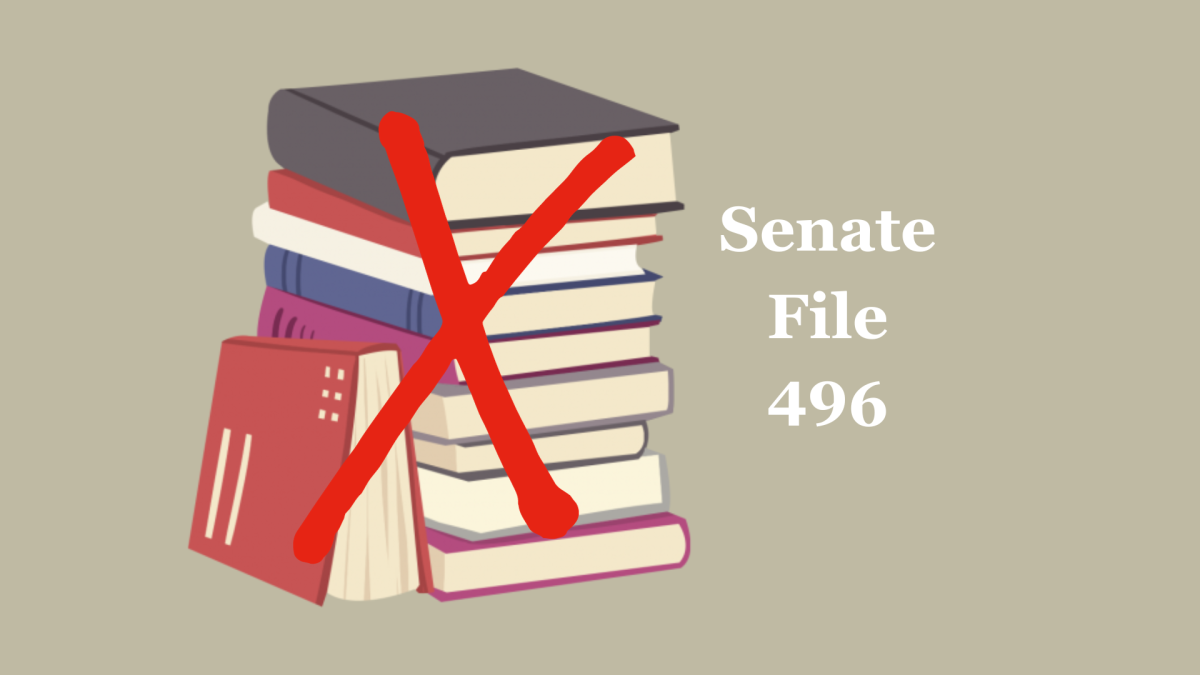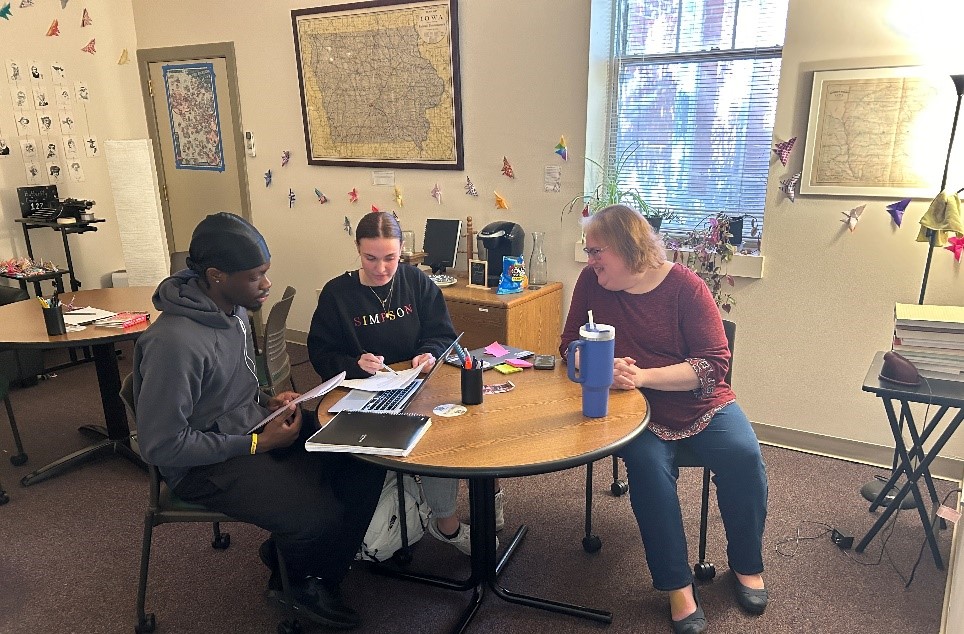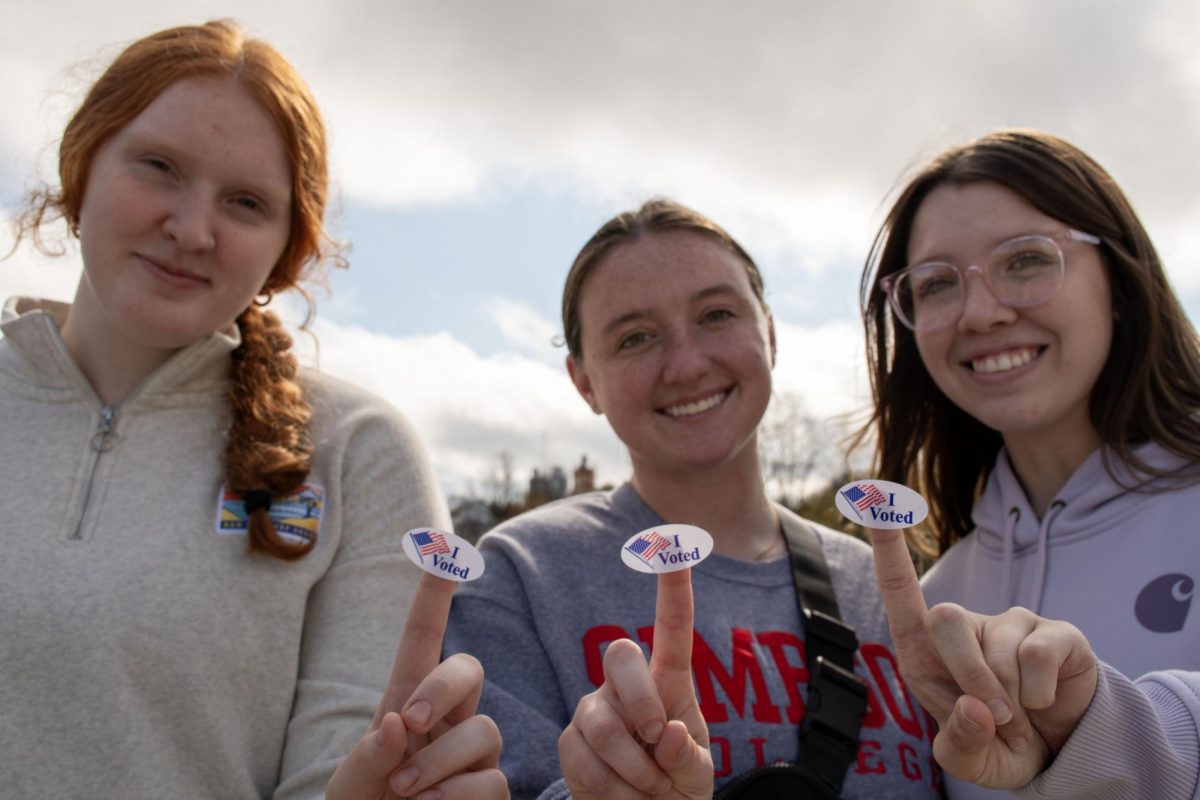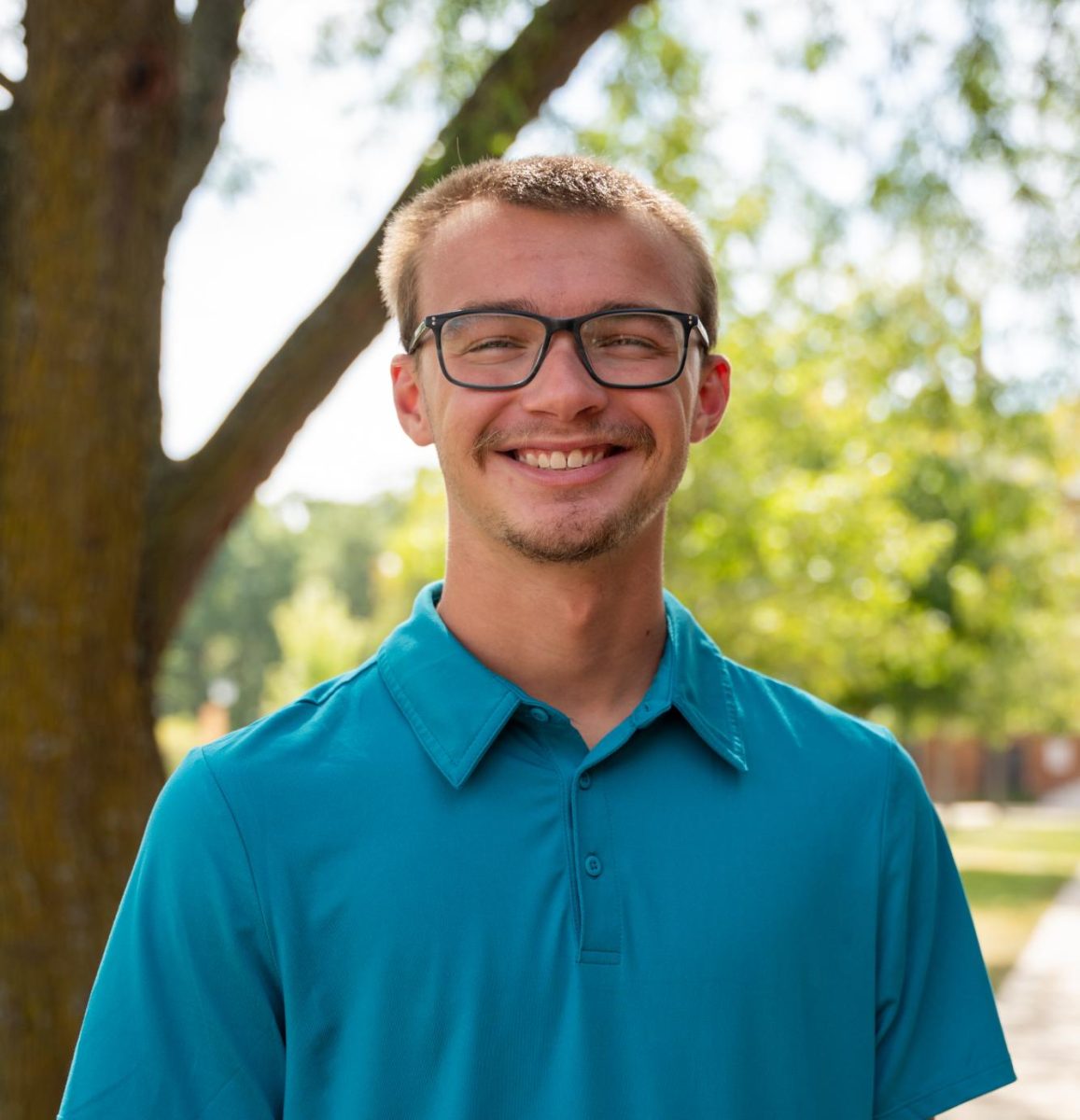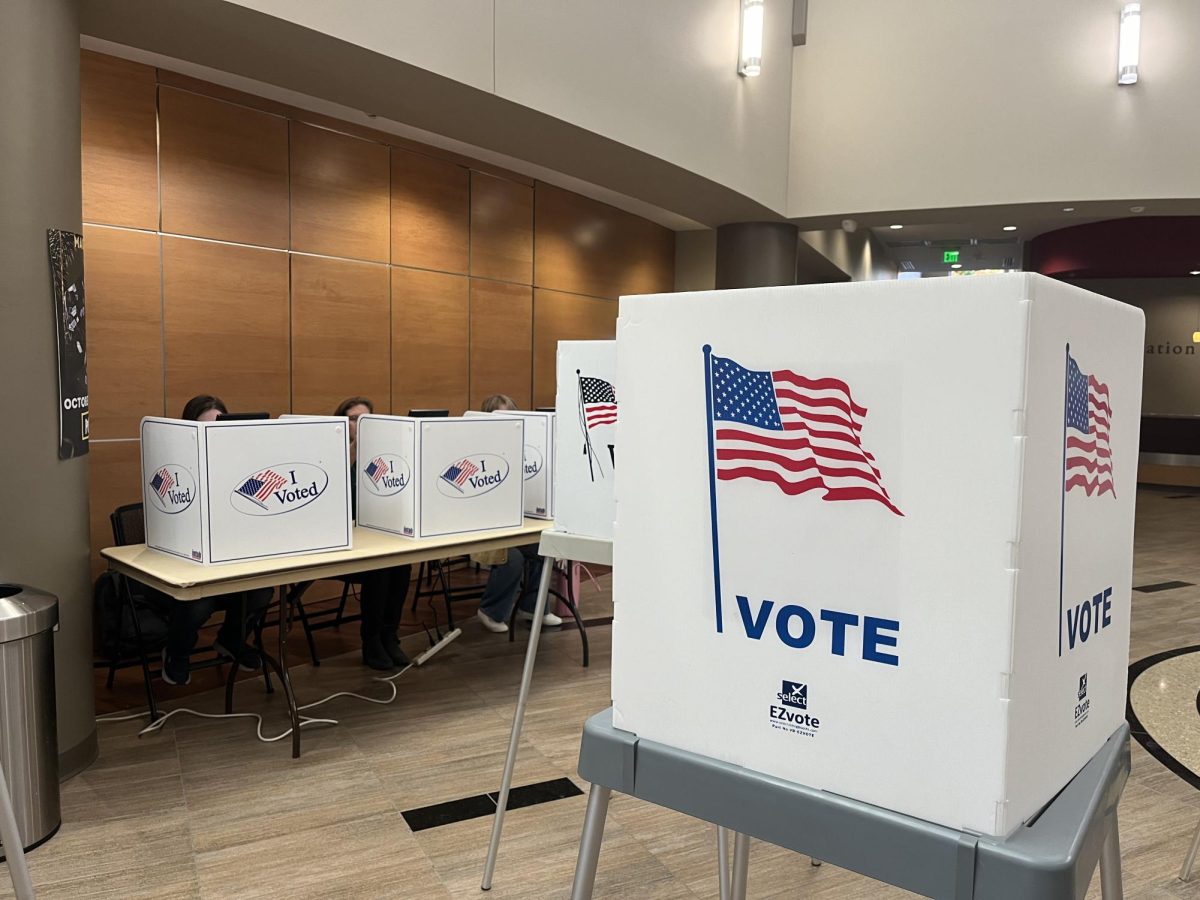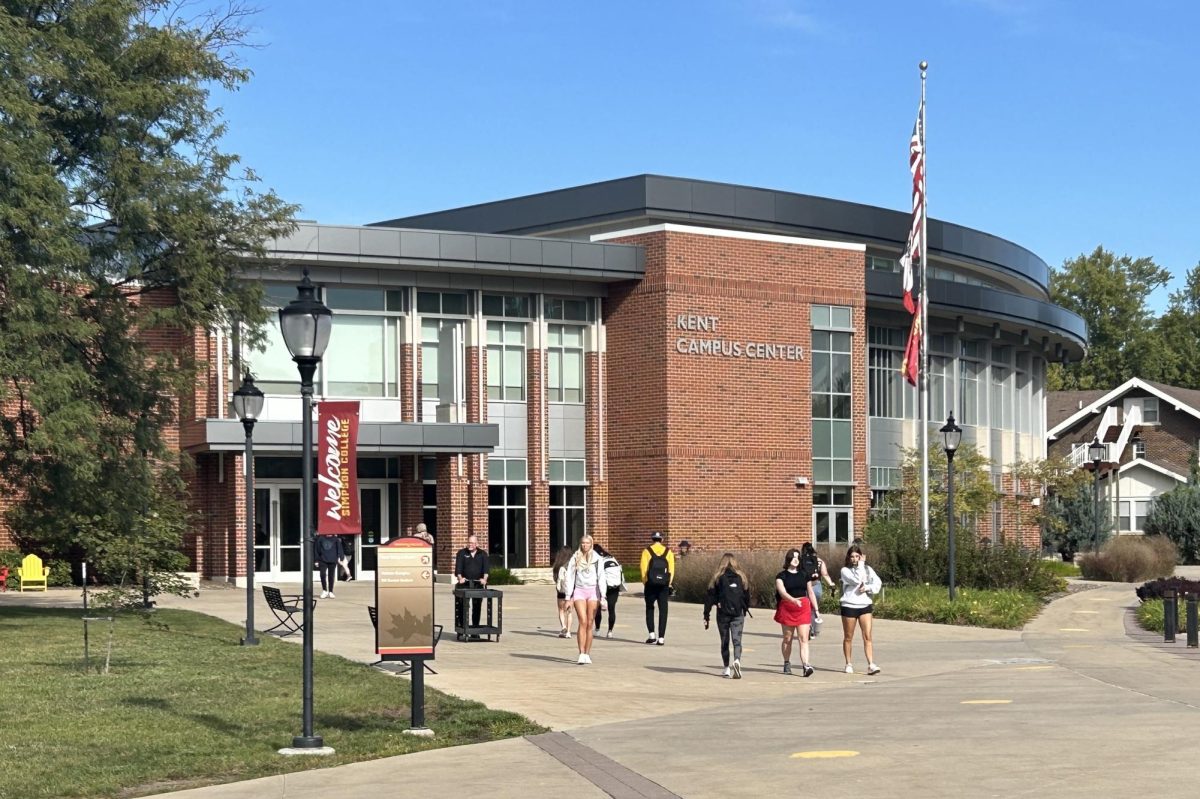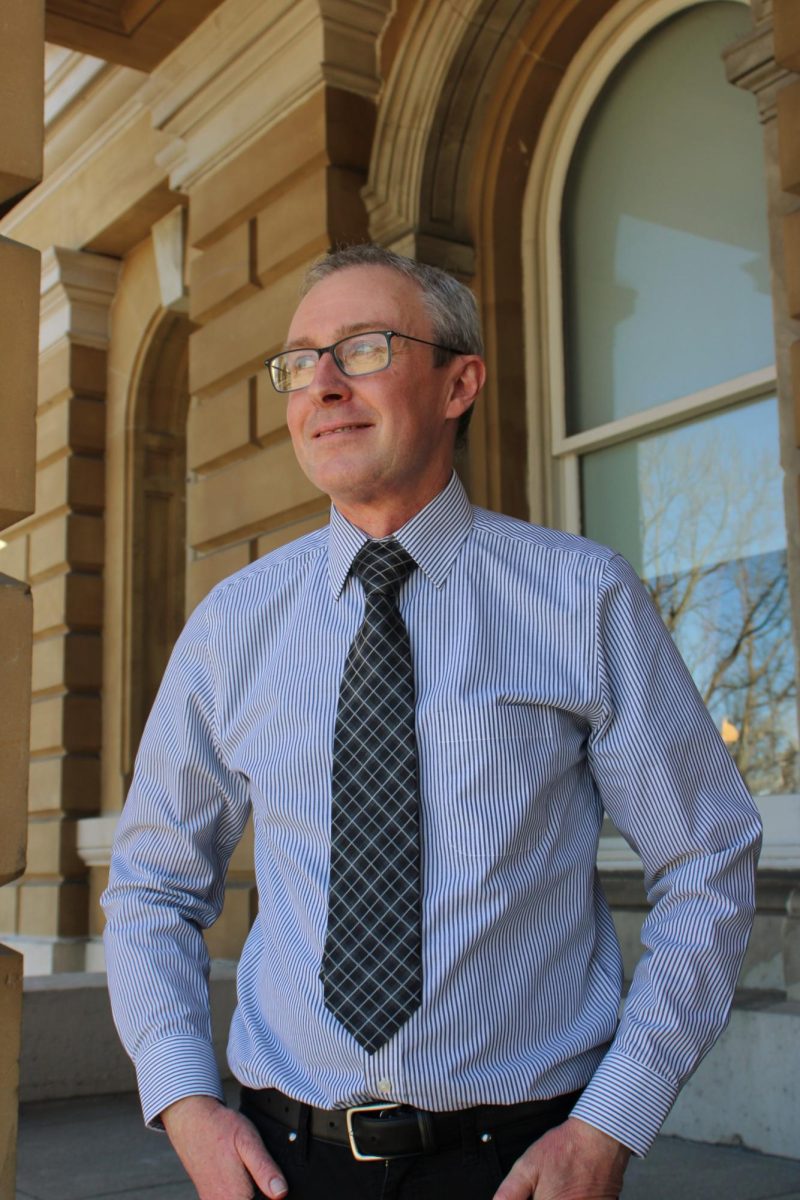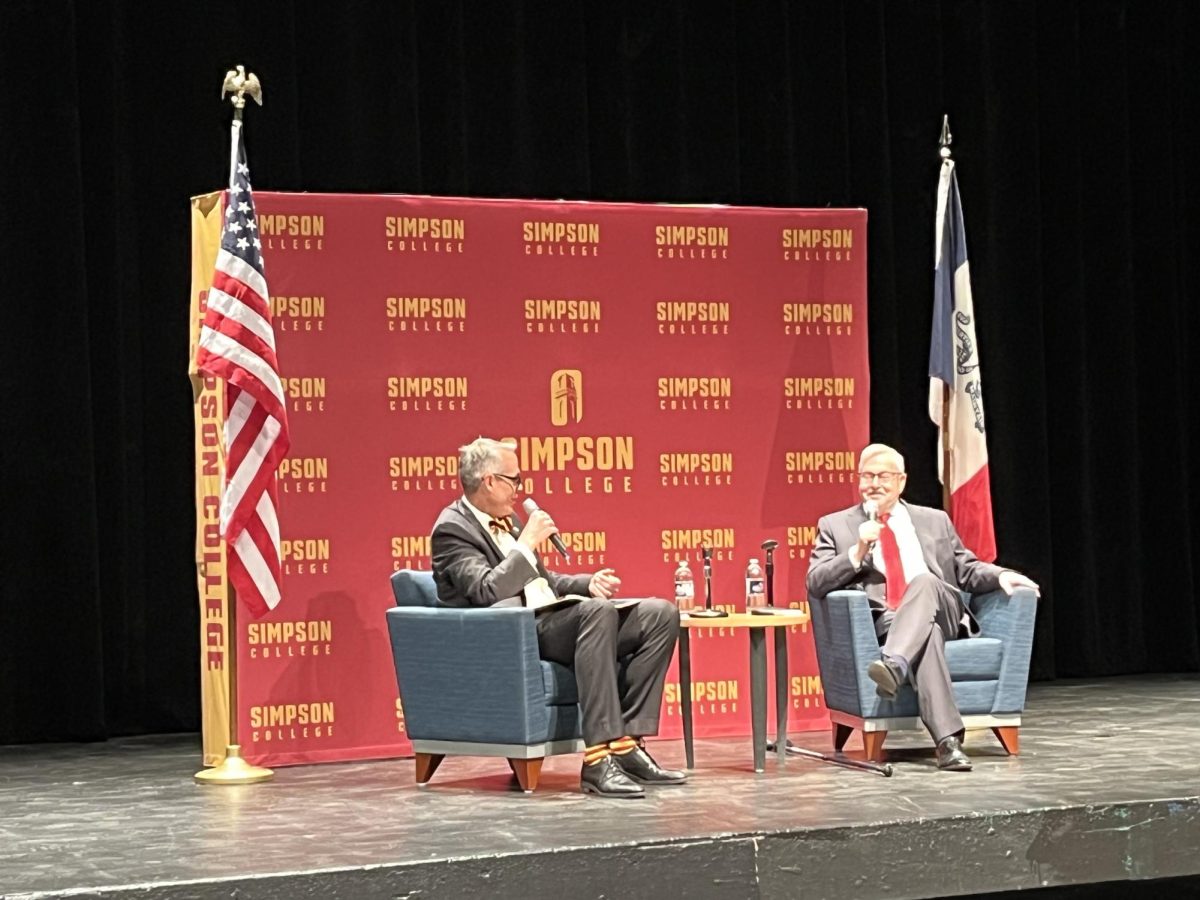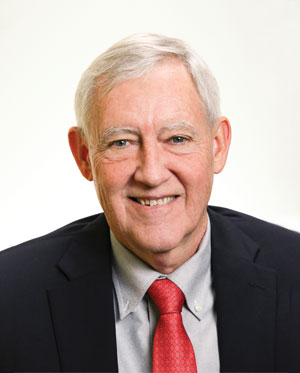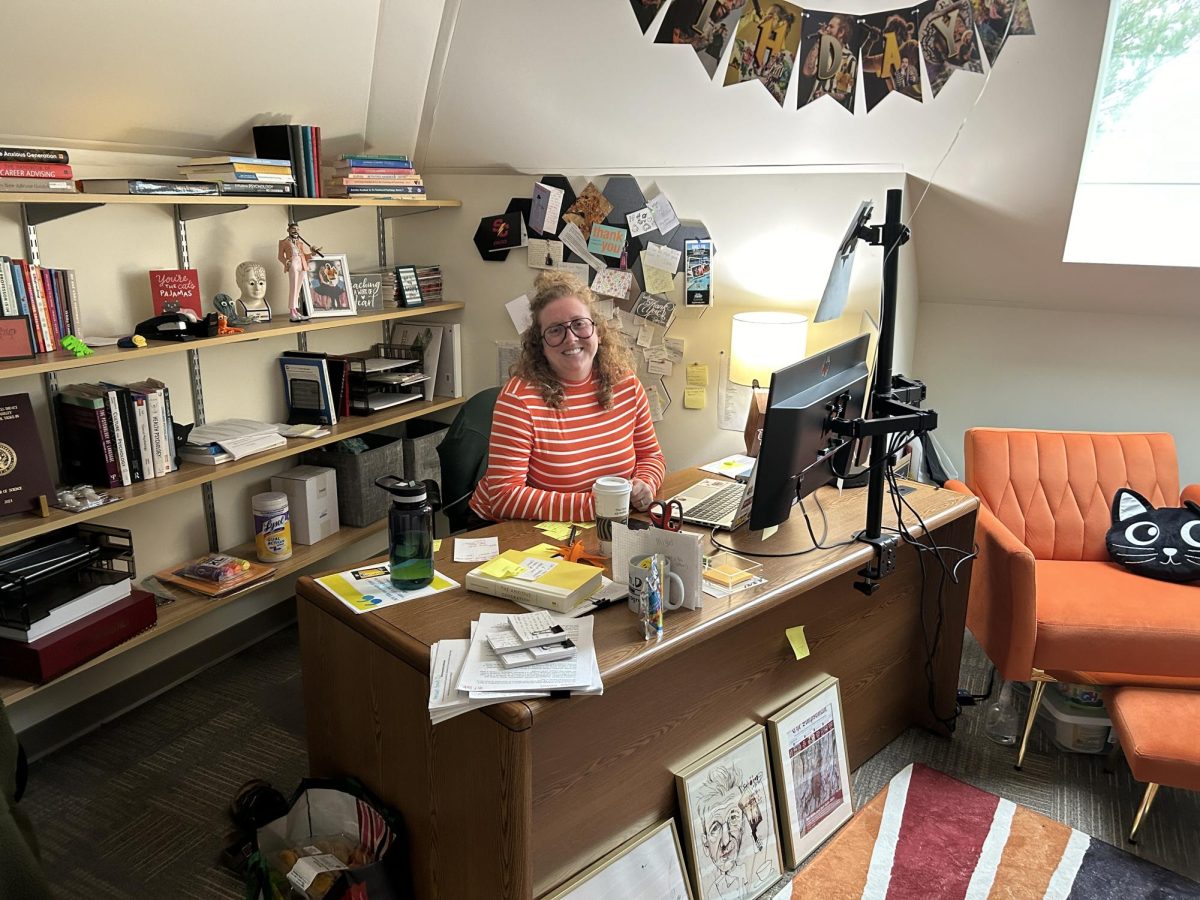45 people gathered in Kent Campus Center’s Black Box Wednesday afternoon to express their displeasure with Senate File 496, criticizing the bill for ambiguities, stifling education and silencing minority voices.
SF 496 was signed into law by Iowa Governor Kim Reynolds on May 26 and was a broad piece of legislation that touched on several topics, including name and pronoun use, instruction on sexual orientation or gender identity and — the main focus of the event — books.
The bill has drawn harsh criticism from activist groups. Iowa Safe Schools executive director Taylor Becky told Cedar Rapids-based TV station KGAN that the bill was “anti-child, anti-parent, and anti-educator”.
Iowa Senator Ken Rozenboom defended the bill as an issue of parental rights, the same argument advanced by Governor Kim Reynolds when she signed the legislation. Simpson College is evidently unconvinced by these claims.
The panel began with short statements by three professors before opening the discussion to the audience. John Pauley, professor of philosophy, began by explaining the event was an opportunity for Simpson to think together.
“We’re not experts,” he said in his opening statement. “This is an open forum.”
Pauley argued that the discussion of book bans as an issue of parental rights is distracting from what he feels is a more important issue, namely parental duties. “I have these duties to protect my children, in due respect of their maturity,”
This objection was echoed by several people, including Jill Brangers, the Resource Access Coordinator at Dunn Library.
“Why do parents have a say over what other kids read?” she asked. “Why are people telling me what my kids can and can’t do?”
Following Pauley, assistant English professor Jeremy Griffin spoke, questioning the extent that removing books from school libraries protected children from inappropriate content.
“Young people aren’t going to the library for porn,” he said. “And there’s a difference between porn and a sex scene.”
Another point he mentioned, which Brangers later repeated, was that there are already processes to challenge materials in school libraries.
English professor CoryAnne Harrigan pointed to books that might contain inappropriate material but still have educational value.
“When I was in school, I read much of Judy Blume’s work,” she said. “Many of them incorporate passages that describe sex or sexual identity, and they contextualize these issues in important ways.”
This was a concern shared by many audience members.
One anonymous person discussed their experience of reading books like “To Kill a Mockingbird,” which is one of the most commonly challenged books.
“I read them, and I learned from them,” they said. “It’s like some [people] don’t want people to learn.”
While the three panelists presented detailed perspectives, it was the audience that contributed many original thoughts.
One commentator expressed fear for what book banning might lead to.
“One of the first things the Nazis did was ban books,” they said. “I’m not saying we’re going to become fascist, but it can get bad.”
This sentiment was repeated by professor of communication Brian Steffen, who said that ideas are incitements. “This is no different than any other book banning in history.”
While reasonings varied from person to person, it was clear that many at Simpson College do not like SF 496 and a primary point of concern was its ambiguity. As the Iowa Department of Education has not released any guidelines on how to comply with SF 496, many are worried about how the law would be enforced.
Seth Andersen, executive director of the Culver Center, quoted one of the sponsors as saying, “We all know what this bill is about.” He questioned if that sentiment was actually true and asked what process determined what books were age-appropriate.
Harrigan followed up on his statements by pointing out that some books in the literary canon aren’t banned or pulled, despite containing potentially inappropriate content. “What is ‘great literature’?” she asked. “Who decides?”
“Why is the depiction of sex bad?” Pauley asked. “What’ll happen?”
As an answer to this question, one speaker related her experience with sex education in her home state of Washington. “I learned about this stuff in 6th grade,” she said. “It’s weird that some states won’t let that happen.”
Senior Trenity Rosenberg argued that book challenges aren’t even about inappropriateness. “The point is to push the abstinence and purity because they’re afraid of their children having sex,” they said. “They think if students read about sex or gay sex, that they’ll go and do it.”
*Editor’s note: The event itself was purported to be about HB: 496, however the actual legislation at issue was called SF: 496 when it was signed into law.



